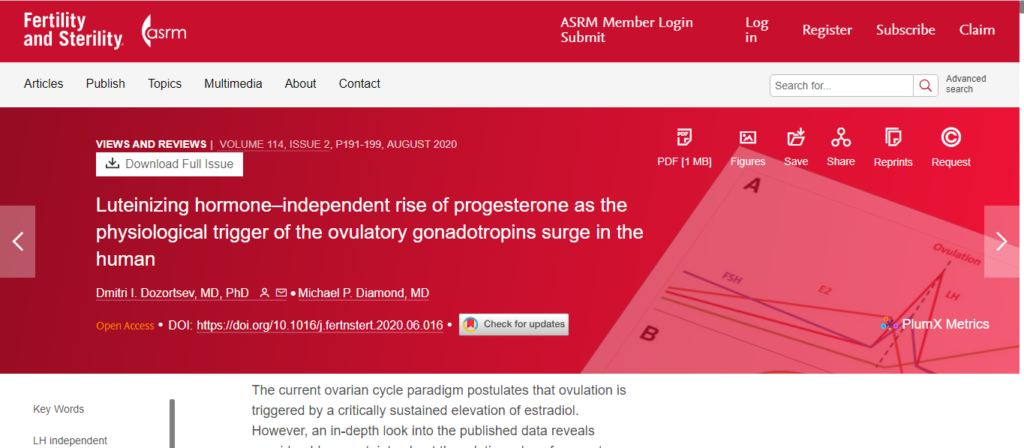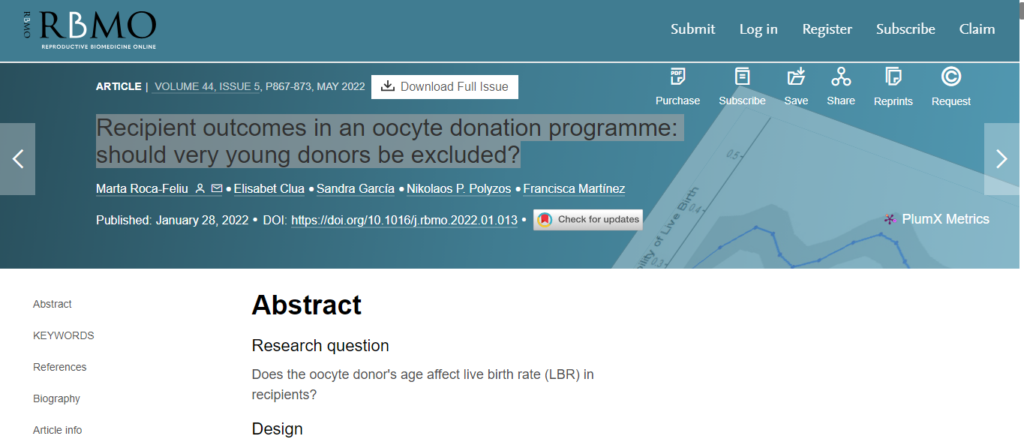Endometriosis is extremely common, yet it’s rarely discussed. These five celebrities are working to change that.
Endometriosis is a remarkably common disorder. In America, around 11% of women aged 15-44 have the disorder and approximately 176 million women around the world have it. Despite the prevalence of the disorder, it continues to carry a sense of stigma that often prevents women from discussing what they are experiencing. This can lead to unnecessary pain and stress.
What Is Endometriosis?
Endometriosis is a disorder in which the tissue that normally lines the inside of the uterus grows outside of it. In addition to often being extremely painful, the disorder is also one of the leading causes of infertility for women. However, perhaps because of the personal nature of the problem, or perhaps because many women don’t realize that the pain they are experiencing could indicate a diagnosable disorder, there is relatively little social discourse pertaining to endometriosis.
Due to the lack of discussion around the disorder, many women feel alone in their battle with endometriosis. In recent years, a number of celebrities have spoken publicly about their experiences with the disorder in the hopes of reducing the stigma surrounding it. By speaking openly about their own struggles, they hope to create a space for other women to feel comfortable speaking about their experiences.
Celebrities With Endometriosis
Halsey
The 25-year-old pop singer is very public about her struggles with endometriosis. In 2016 she took to Twitter saying, “If any of you suffer from endometriosis, please know you are not alone. I know how excruciatingly painful it can be, and how discouraging the disease can be.”
In order to highlight the need for women to demand that their pain be validated and taken seriously, she has spoken openly about experiences in which healthcare practitioners told her she was weak for not being able to handle the pain.
Halsey has also taken steps to protect her fertility. At 23, she froze her eggs so that she will have fertility options in the future.
Padma Lakshmi
From early adolescence, actress and TV host Padma Lakshmi experienced debilitating pain, cramping, fatigue, nausea, backache, and excessive blood flow every time she menstruated. Despite having health insurance and access to some of the world’s best practitioners, Lakshmi was not diagnosed with endometriosis for over 20 years.
Lakshmi speaks out about her condition because she believes that broadening the conversation can spur destigmatization, aiding women everywhere. She says, “If I don’t talk about it — or women like me don’t talk about it — what hope does the next generation of young girls have?”
With this in mind, Lakshmi founded the Endometriosis Foundation of America in 2009 alongside Dr. Tamer Seckin, the doctor who finally diagnosed her. On the organization’s website she writes, “I didn’t want the next generation of women to go through what I went through, to feel betrayed by their own bodies or to feel alone.”
Cyndi Lauper
Singer Cyndi Lauper was in her 30s when she was diagnosed with endometriosis.
Eventually, Lauper decided it was time to be a self-advocate. When a healthcare practitioner provided her with a list of potential treatment options, she decided to voice her opinion. “I looked at the stuff and I crossed out what I didn’t like, and I called the doctor over and told him, ‘We’re not doing this, and we’re not doing this,’” she says. “You are not touching one tube, or one ovary, you’re not doing anything but getting rid of all the bad stuff.”
She, like many other women with endometriosis, struggled to get pregnant as a result of the disorder. However, she was eventually able to get pregnant, and in 1997 she gave birth to her son, Declyn Wallace Thornton Lauper.
Whoopi Goldberg
The comedian, actress, and talk show host considers herself very lucky to have found a doctor who diagnosed her endometriosis and helped her treat it around 40 years ago. However, she realizes that she is one of the fortunate few for whom that is the case, and, as a result, is an advocate for increasing education around endometriosis and period pain management.
Goldberg is an outspoken advocate for increasing endometriosis awareness. At an event hosted by the Endometriosis Foundation, Goldberg told a story about realizing that even her daughter, a 30 year-old woman, didn’t know anything about the condition. The incident inspired her to spread her story — and broader awareness about the disorder — to men and women everywhere.
“…[It] occurred to me that if they didn’t know that there were hundreds of thousands [of] girls out there that don’t know. It is not because their mothers don’t want to tell them…it’s not religion, it’s pure ignorance. We don’t know, we don’t have the information…[but] we have it now,” she says.
Julianne Hough
Dancer and actress Julianne Hough went to many doctors as a teenager who simply wrote off her concerns that her painful and heavy periods indicated a medical problem. She described the situation saying, “They all said what I was experiencing was normal. I just thought, ‘This is what it’s like to be a woman.’ Everyone talked about bad cramps. I didn’t realize at the time that mine were worse.”
After two laparoscopic surgeries, Hough finally got a diagnosis. Today, she is a strong advocate for raising awareness of the disorder and reducing women’s normalization of their pain.
You Are Not Alone
These celebrities — and others like them — are doing the work that we should all be doing together: destigmatizing endometriosis and providing support to women across the world who may be experiencing the disorder. If you have endometriosis, it is important to know that you are not alone and that your pain and your fears are entirely legitimate.
If you think you might have endometriosis, don’t hesitate to schedule an appointment with the AFCT. We can help you get diagnosed as well as work with you through any infertility struggles that come up as a result of your endometriosis.



